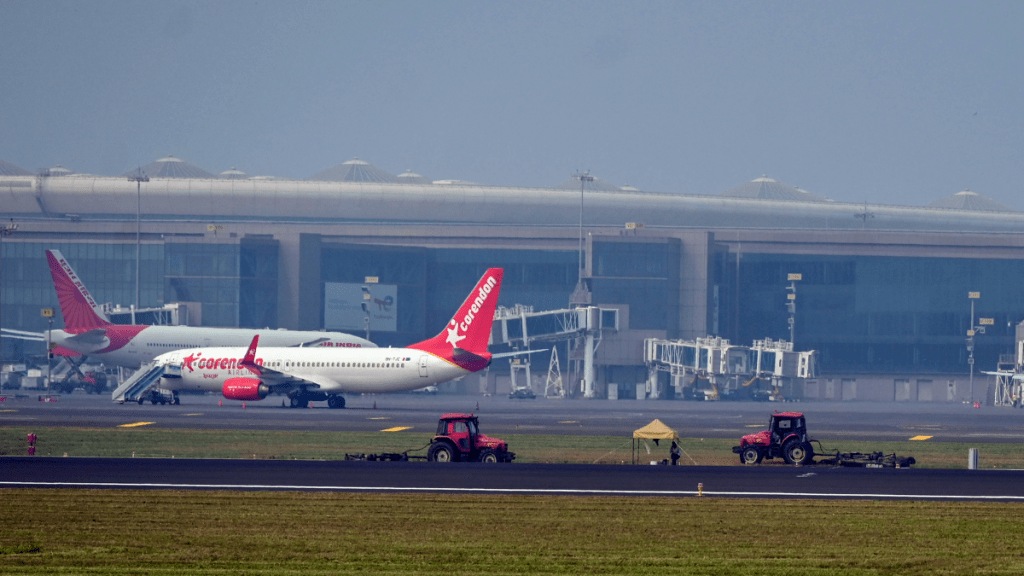Mumbai’s Air Traffic Control (ATC) has experienced a significant surge in air traffic since April 24, 2025, following the closure of Pakistani airspace to Indian flights by the Pakistani government. This shift has resulted from several international carriers rerouting their operations, sources said.
In addition to managing flights to and from destinations such as Europe, North America, and South America originating from Mumbai, the city’s ATC is now also overseeing aircraft from Northern India heading to the same regions, according to sources.
Pakistan closed its airspace to Indian flights on April 24, 2025, in retaliation for India’s diplomatic actions following a terrorist attack in Pahalgam on April 22, 2025, which killed at least 26 people.
This action was part of the rising tensions between the two nations and significantly disrupted international air traffic, particularly for routes that typically pass through Pakistani airspace.
In a reciprocal move, India also shut its airspace to Pakistani aircraft on April 30, 2025, as part of its retaliatory measures. On an average day, Mumbai ATC handles between 950 and 970 scheduled and unscheduled flights, including landings and takeoffs, along with approximately 2,000 flights overflying the region, according to aviation insiders.
Mumbai FIR facing huge traffic. Kudos to Mumbai ATC for keeping the flow smooth 🙌🇮🇳 pic.twitter.com/z9XRwrg0xr
— Jayanth (@wanderjay06) May 8, 2025
Previously, around 130 flights from Northern India bound for Europe, North America, and South America used the Bhopal-Ahmedabad-Karachi route to reach Muscat, bypassing Mumbai’s airspace before entering Europe. Now, with Pakistan’s airspace closed, these flights are rerouting via Ahmedabad and passing through Mumbai’s airspace en route to Muscat, a source explained.
Additionally, approximately 250 flights originating from Southeast Asia and headed toward the Middle East, Europe, and North America are also rerouting through Mumbai’s airspace to avoid Pakistani territory.
This increase in traffic has also been attributed to the recent suspension of about 25 flight routes that previously allowed aircraft to enter Pakistani airspace from India. These routes were halted following missile strikes by Indian military forces on terror infrastructure in Pakistan, sources added.
“Some international airlines have now filed revised flight plans, opting to fly through Mumbai’s airspace after the closure of those 25 routes,” a source noted. The source also added that even private charter operators on international routes are avoiding Pakistani airspace due to the ongoing geopolitical tensions.
Given the rising conflict between the two countries, many foreign carriers continue to avoid flying over Pakistan altogether.

